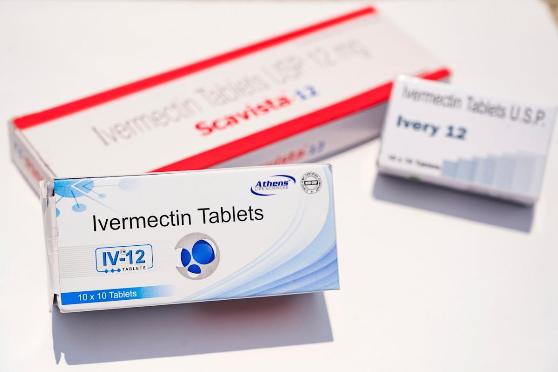Demand surges for deworming drug for Covid, despite no evidence it works
By Emma Goldberg
WASHINGTON – For the past week, Dr. Gregory Yu, an emergency physician in San Antonio, has received the same daily requests from his patients, some vaccinated for COVID-19 and others unvaccinated: They ask him for ivermectin, a drug typically used to treat parasitic worms that has repeatedly failed in clinical trials to help people infected with the coronavirus.
Yu has refused the ivermectin requests, he said, but he knows some of his colleagues have not. Prescriptions for ivermectin have seen a sharp rise in recent weeks, jumping to more than 88,000 per week in mid-August from a pre-pandemic baseline average of 3,600 per week, according to researchers from the Centres for Disease Control and Prevention.
Some pharmacists are even reporting shortages of the drug.
Though sometimes given to humans in small doses for head lice, scabies and other parasites, ivermectin is more commonly used in animals. Physicians are raising alarms about a growing number of people getting the drug from livestock supply centres, where it can come in a highly concentrated paste or liquid forms.
Calls to poison control centres about ivermectin exposures have risen dramatically, jumping fivefold over their baseline in July, according to CDC researchers, who cited data from the American Association of Poison Control Centres. Mississippi’s health department said earlier this month that 70% of recent calls to the state poison control centre had come from people who ingested ivermectin from livestock supply stores.
Ivermectin was introduced as a veterinary drug in the late 1970s, and the discovery of its effectiveness in combating certain parasitic diseases in humans won the 2015 Nobel Prize for medicine.
Although it has not been shown to be effective in treating COVID, people are now clamouring to get the drug, trading tips in Facebook groups and on Reddit. Some physicians have compared the phenomenon to last year’s surge of interest in hydroxychloroquine, although there are more clinical trials evaluating ivermectin.
The Food and Drug Administration weighed in last week. “You are not a horse,” the agency tweeted, with a warning explaining that ivermectin is not FDA-approved for treating or preventing COVID and that taking large doses can cause serious harm.
A recent review of 14 ivermectin studies, with more than 1,600 participants, concluded that none provided evidence of the drug’s ability to prevent COVID, improve patient conditions or reduce mortality.
-New York Times


